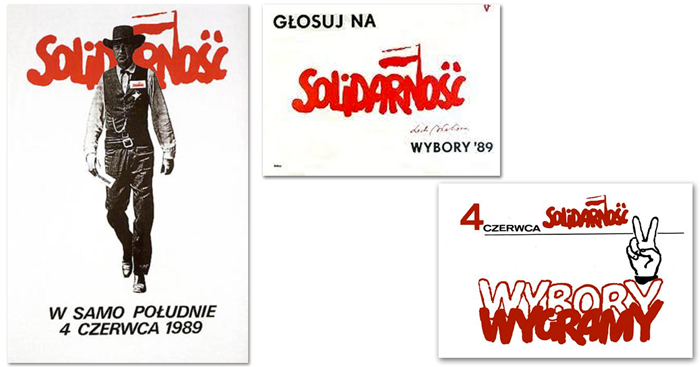Today, Poland celebrates the 30th anniversary of the first round of partially ‘free’ parliamentary elections which took place on 4th June 1989.
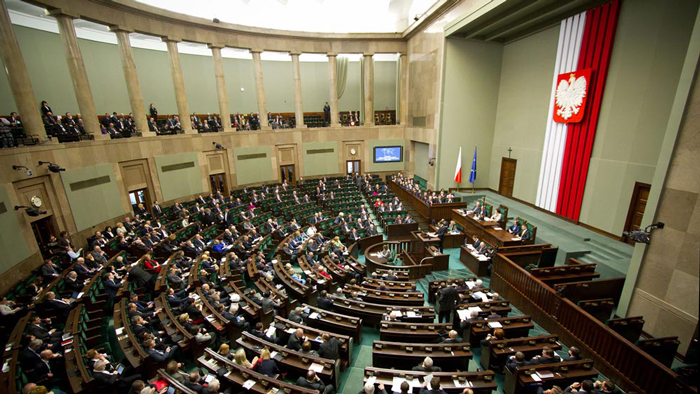
The event will be marked at midday, when the hejnał bugler will play the Polish national anthem – ‘Mazurek Dąbrowskiego’, from Mariacki church tower.
Krakow celebrations will continue over the coming weeks, which will also include; a “Gintrowski” concert, which will take place in the Nowa Huta Cultural Centre in Krakow, an exhibition opening – “Ours is the day”, (Nasz jest ten dzień), a ceremony to award “Thank you for freedom”, (Dziękujemy za wolność) medals, along with other concerts and events.
Beginning on 4th June, there will be a nationwide celebration entitled “The Feast of Freedom and Solidarity” (Święto wolności i solidarności).
The following passage by Timothy Garton-Ash, from his book ‘We The People: The Revolution of ’89 As Witnessed in Warsaw, Budapest, Berlin and Prague’: set’s the scene in Poland.
By the afternoon, Solidarity leaders knew that they had swept the board: winning outright, on the first round, all but a handful of the seats for which they were competing. Three things happened at once: the communists lost an election; Solidarity won; the communists acknowledged that Solidarity won. That might sound like a syllogism. Yet until almost the day before, anyone who had predicted these events would have been universally considered not a logician but a lunatic. Moreover, the three things, while logically related, were also separate and distinct.
First, and above all, the communists lost. They did not lose power. They still had the army, the police, the Party apparatus and the nomenklatura. But they lost the vote. While virtually all the Solidarity candidates got through on the first round, most of the Party coalition candidates had to go through to a run-off in the second round on 18 June…
Secondly, Solidarity won. Solidarity won not against the Party, but also against many quite well-known, even distinguished counter-candidates: successful managers, television personalities, representatives of more radical opposition groups, and, most formidably Christian Democrats enjoying the explicit support of senior churchmen…
The third thing that happened was, in its way, almost as remarkable. The Party told the truth. On the Monday evening, when the first results were known, the spokesman for the Central Committee, Jan Bisztyga, appeared on the television evening news, sitting side by side with Solidarity’s Janusz Onyzszkiewicz, and Mr Bisztyga said: ‘The elections had a plebiscitary character and Solidarity won a clear majority.’…
Sunday, 4 June 1989 was a landmark not only in the post-war history of Poland, not merely in the history of Eastern Europe, but in the history of the communist world. Yet as they plunged into fevered discussions, negotiations and late-night cabals, the reaction of Solidarity leaders was a curious mixture of exaltation, incredulity and alarm. Alarm at the new responsibilities that now faced them — the problems of success — but also a sneaking fear that things could not continue to go so well. That fear was heightened by the news from China, for the massacre of students demonstrating for democracy on Tiananmen Square occurred on the same day. It was an uncanny experience to watch, with a group of Polish opposition journalists, on the very afternoon of the election, the television pictures from Peking. Martial law. The tanks. The tear-gas. Corpses carried shoulder-high. We had been here before: in Gdañsk, in Warsaw.
As Solidarity leaders began to engage in real politics, with all its evasions, compromises and half-truths, many had mixed feelings. There was more than a touch of nostalgia for the simple truths and moral clarities of the martial law period. One might passionately wish Poland to have ‘normal’ politics. But it was quite another thing to watch your own friends starting to behave like normal politicians. Yet what is the alternative? Came the answer: ‘Tiananmen Square.’
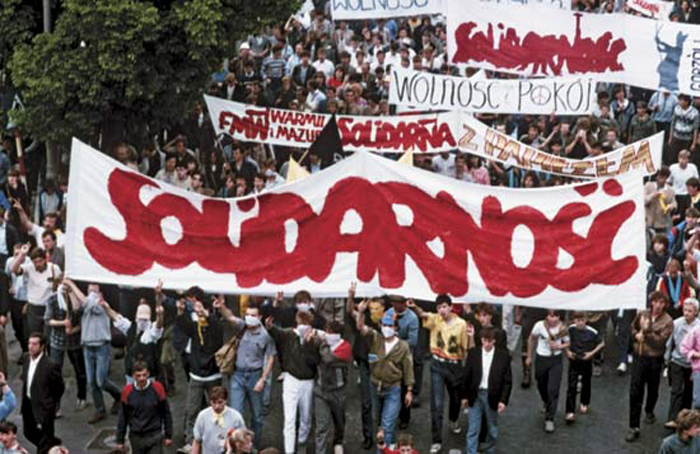 READ MORE
READ MORE
First Polish Legislative Election, 1989 
First Polish Legislative Election (wikipedia) 
Krzysztof Miller. 1989 – Photographs from Poland 1989
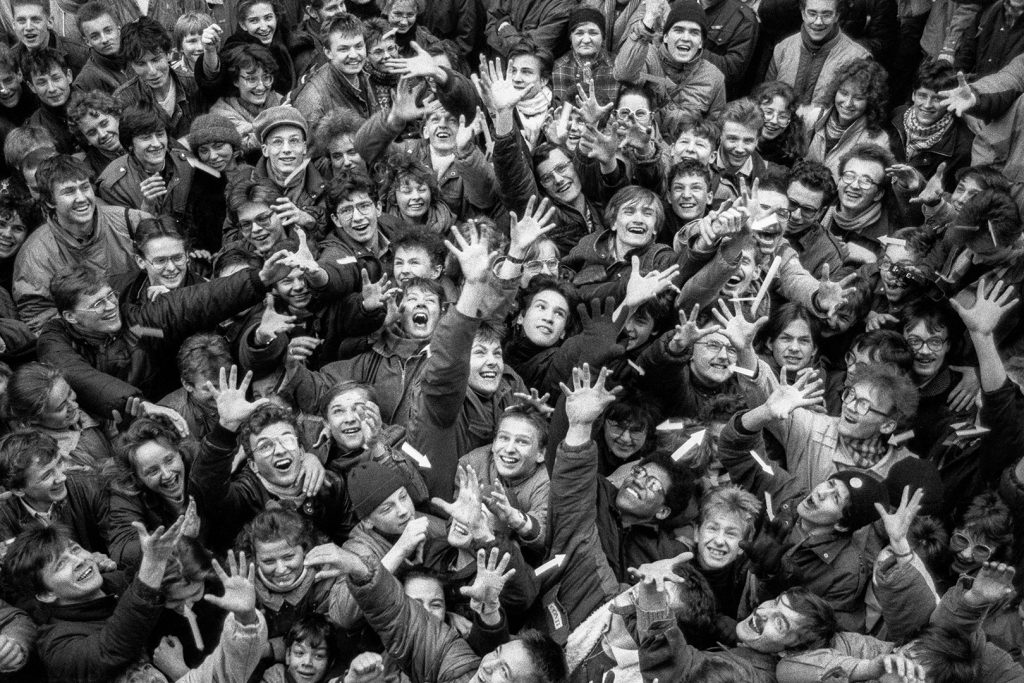
Krzysztof Miller. 1989 – A selection of great images taken by Polish photographer, through 1989, which captured the mood, spirit and hope of the nation, at a historical time.
“The year 1989 brought freedom and hope. That is the story these photographs tell”, – Paweł Smoleński wrote, in the text opening the exhibition. Krzysztof Miller took these photos early in his career. What is the year 1989 as seen through his eyes?
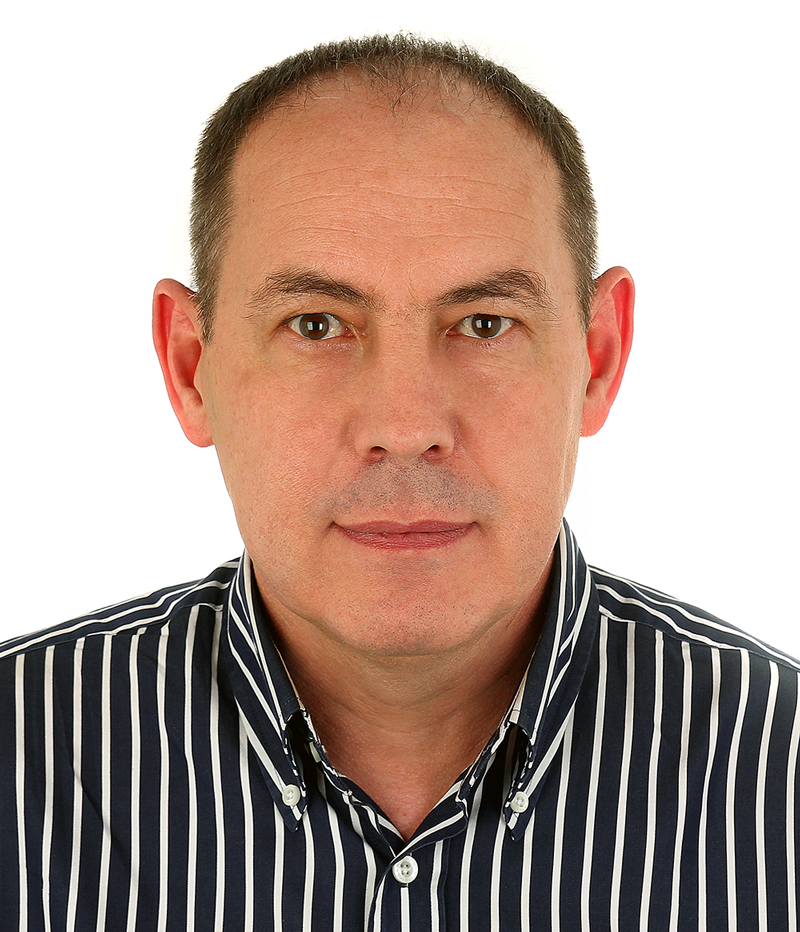
A Scot in Kraków. The founder and editor of Kraków Expats Directory, and our sister sites Kraków TV and Kraków Stories Podcast.
David fell in love with Kraków 24 years ago, making it his home in 2011.
In 2020 he was awarded the title of Kraków’s Ambassador of Multiculturalism, by the President of Kraków, and is also a member of the GlobalScot network, representing Scottish culture and business abroad.
We’re always looking for interesting stories, events, characters or groups to feature. Likewise, if you’d like to join us, as a contributor, please get in touch.

